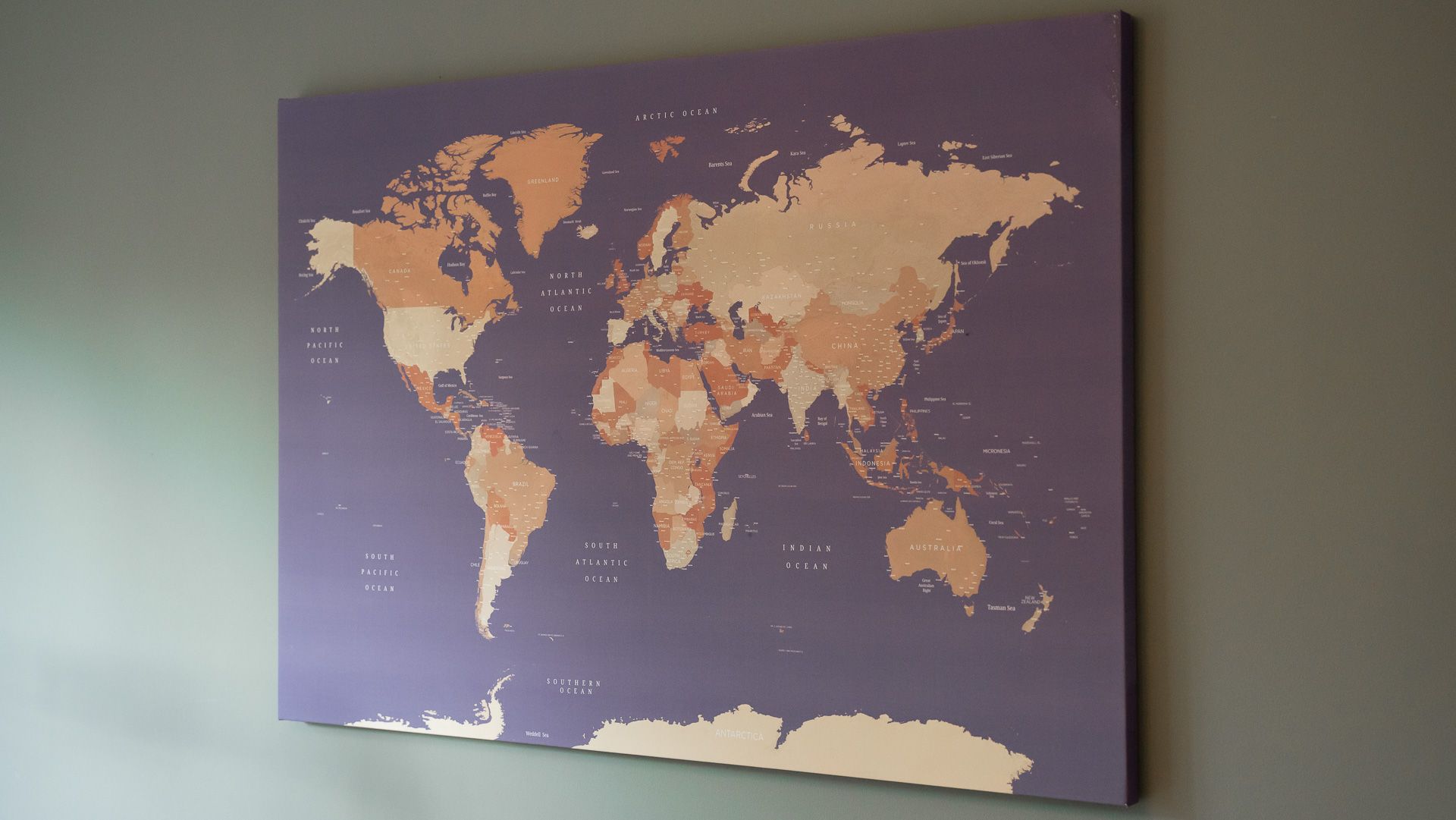How it works
Medical
Addressing the urgent medical needs of child refugees and victims of human trafficking, many of whom have faced homelessness, malnourishment, and significant abuses, is vital and requires prompt and comprehensive care.
Days 1-2
Focus: Initial health assessment and scabies checks.
Upon arrival into care, immediate health needs are assessed urgently. An interpreter is used to ask whether the young person if experiencing any specific health issues or pain. If concerns are identified, they are promptly taken to the local walk-in, or emergency centre or appropriate appointments are scheduled.
The young person is assessed for scabies, and if it's detected, treatment is administered, and their clothing is thoroughly washed at high temperatures.
A 24/7 on call support system is in place for immediate medical emergencies.
Weeks 1-2
Focus: Registering for medical services.
The young person is registered with a local doctor and dentist, with appointments scheduled for initial health checks and immunisations.
Some doctor's offices use language lines to assist with communication, especially during early appointments.
Support workers complete an HC1 form to grant access to free prescriptions and opticians services.
The support worker links with the local authority LAC Nurse to perform an initial health assessment.
24/7 on call support for medical emergencies continues.

Months 1-4
Focus: first medical appointments.
The young person is educated about immunisations and is accompanied by support workers to appointments for injections, usually occurring over three sessions, four weeks apart.
Dental appointments are booked, and oral hygiene education is provided, with follow-up appointments scheduled as needed.
Young people visit opticians for an initial check upon receipt of HC2 forms.
Young people learn about different medications and their proper usage, closely monitored by support workers initially.
24/7 on call support for medical emergencies remains in place.
Semi-Independence
Focus: Learning to independently make appointments.
Young people are supported in making appointments over the phone and practice essential English skills.
Based on risk assessments, young people gradually take full responsibility for their medication management.
24/7 on call support for medical emergencies continues to be available.
Move to Independence
Focus: Independently able to follow up medical needs.
The young person is expected to make and attend appointments independently, with support workers providing extra guidance or assistance if needed.
The 24/7 on call support for medical emergencies remains available.
